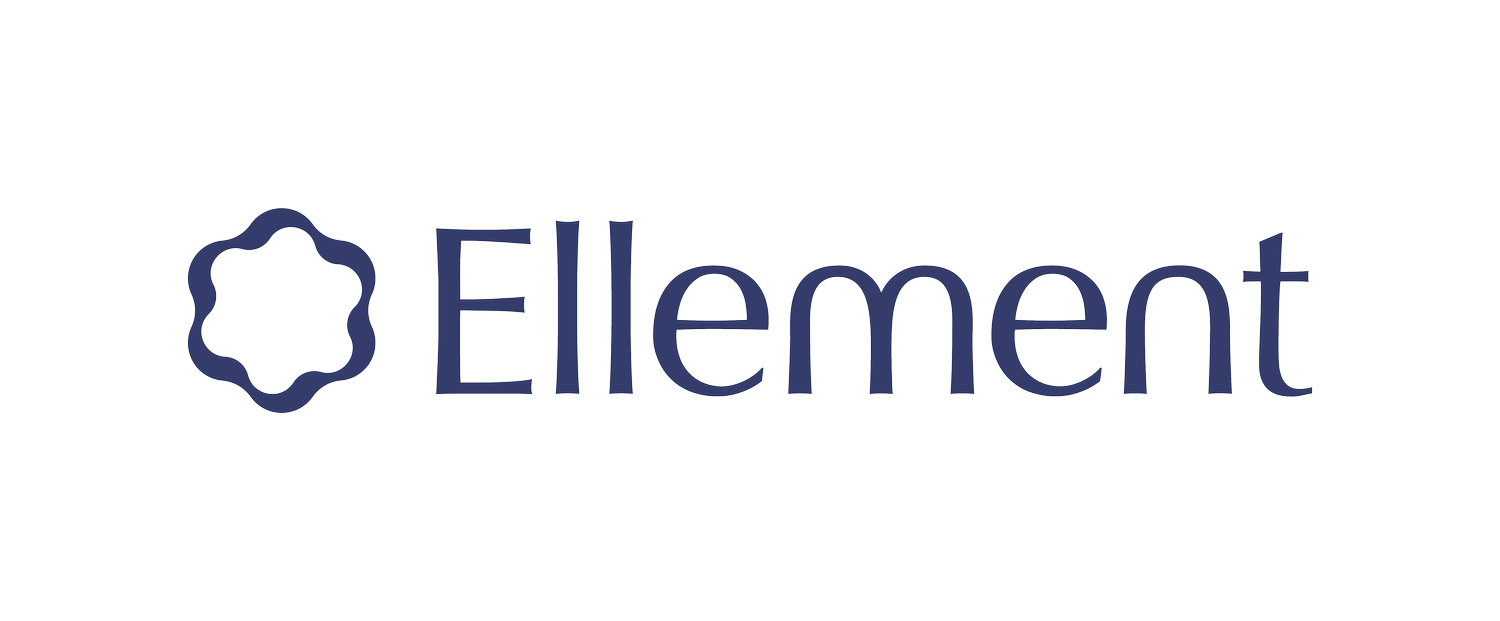Why Selenium Is Important for Fertility, Pregnancy & Postpartum
Selenium, a trace mineral, plays a crucial role in supporting maternal well-being and the development of a healthy baby. In this blog post, we explore the importance of selenium and its impact on various stages of the reproductive journey.
What are the key benefits of Selenium for fertility and conception?
Sperm Health: Selenium is essential for sperm production and quality. It helps protect sperm cells from oxidative damage, which can improve sperm motility, morphology, and overall sperm health. Adequate selenium levels in men have been associated with better fertility outcomes.
Hormonal Balance: Selenium plays a role in regulating hormone levels in both men and women. In women, selenium contributes to the healthy functioning of the ovaries and the production of hormones necessary for fertility. In men, selenium supports testosterone production, which is crucial for sperm production and reproductive function.
Antioxidant Protection: Selenium acts as an antioxidant, neutralizing harmful free radicals in the body. By reducing oxidative stress and protecting reproductive cells from damage, selenium promotes a healthier reproductive environment.
What are the benefits of Selenium during pregnancy?
Fetal Development: Selenium plays a crucial role in supporting the healthy development of the fetus. It is involved in DNA synthesis, which is essential for proper cell division and organ formation. Adequate selenium levels help promote optimal growth and development of the baby.
Thyroid Function: Selenium is necessary for the production and conversion of thyroid hormones. During pregnancy, maintaining proper thyroid function is important for the baby's brain development and overall growth. Selenium supports the regulation of thyroid hormone levels, ensuring they are balanced and sufficient for both the mother and the baby.
Antioxidant Protection: Pregnancy places increased demands on the body's antioxidant defenses. Selenium acts as a potent antioxidant, protecting cells from oxidative damage caused by free radicals. This antioxidant activity helps safeguard the health of the developing baby and supports overall maternal well-being.
Immune System Support: Selenium plays a role in immune function and supports a robust immune response. During pregnancy, when the immune system undergoes changes, maintaining a healthy immune function is crucial to protect both the mother and the developing baby. Adequate selenium levels can help support a strong immune system.
Maternal Health: Selenium contributes to the overall well-being of the mother during pregnancy. It helps protect against oxidative stress, supports cellular health, and aids in the maintenance of various bodily functions. Adequate selenium levels can help support maternal vitality and well-being.
What are the benefits of Selenium for postpartum?
Postpartum Recovery: Selenium may aid in the recovery process after childbirth. It contributes to tissue repair and healing, supporting the body's natural healing mechanisms. Adequate selenium levels can help promote a faster and smoother recovery during the postpartum period.
Immune Support: Selenium plays a crucial role in immune function. After giving birth, the body's immune system may be vulnerable, and maintaining a healthy immune response is important for both the mother's well-being and the newborn's health. Selenium supports the production and activity of immune cells, helping to strengthen the immune system and protect against infections.
Mood Regulation: Selenium has been linked to mood regulation and mental health. Postpartum mood disorders, such as postpartum depression, are common among new mothers. Adequate selenium levels may help support a healthy mood and contribute to overall emotional well-being during the postpartum period. (Source: Nature, Jan. 2022)
What are the main dietary sources of Selenium?
Good dietary sources of selenium include Brazil nuts, fish, shellfish, organ meats, whole grains, and some fruits and vegetables depending on the selenium content in the soil.
What about Selenium supplements?
Ellement recommends using Selenium supplements in the form of L-Selenomethionine, considered one of the best forms of Selenium for supplementation due to its high bioavailability and suitability for metabolism. It is an organic form of Selenium, like the one found in plant and animal proteins, so it is readily recognized and utilized by the body, and it has shown superior absorption and retention compared to inorganic forms.
It is important to recognize that Selenium does have a recommended Upper Limit (UL). It is possible to take too much, so make sure that you select a supplement that does not have more than 400 mcg daily dosage (for Adults). For a full Selenium fact sheet, please visit NIH’s website here.
In conclusion, selenium plays a vital role in fertility, pregnancy, and postpartum wellness. From supporting reproductive health and healthy pregnancies to aiding postpartum recovery, selenium is an essential mineral throughout the entire reproductive journey. By incorporating selenium-rich foods and considering personalized supplementation with Ellement's prenatal vitamin system, you can optimize your selenium intake and nurture your fertility, pregnancy, and postpartum well-being.

